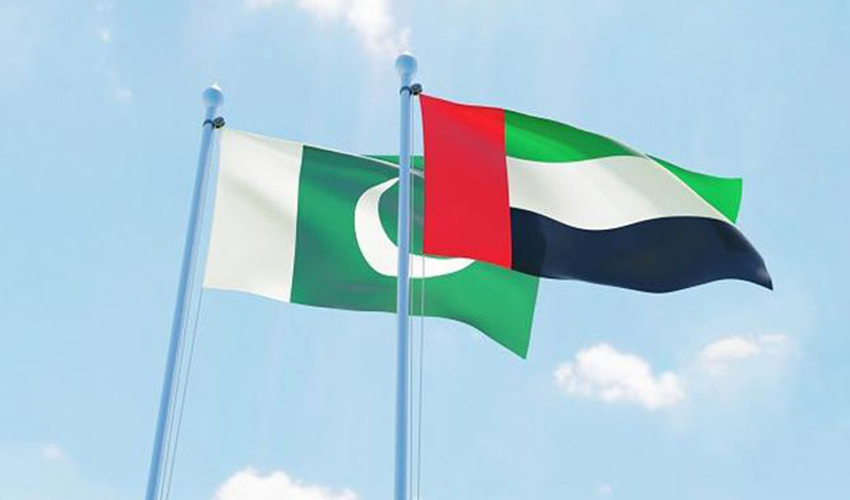Pakistan and Dubai have finalized an investment agreement exceeding $3 billion, spanning various sectors such as railways, economic zones, and infrastructure development.
The accord, inked at the World Economic Forum in Davos, involved the Minister of Communication, Railways, and Maritime Affairs Shahid Ashraf Tarar and Chairman of Ports, Customs and Free Zone Corporation (PCFC) Sultan Ahmed bin Sulayem.
The collaborative initiatives include the creation of a dedicated freight corridor, multi-modal logistics park, and freight terminals. Dubai Port (DP) World is set to enhance infrastructure at Qasim International Container Terminal, a key trade gateway in Pakistan, and develop an economic zone in its vicinity.
The governments signed two Inter-Governmental Framework Agreements to strengthen marine and logistics ties, potentially establishing a Dedicated Freight Corridor and Economic Zone near Karachi. The DP World, acting on behalf of the Dubai Government, will collaborate with Pakistan Railways and Port Qasim Authority for project development.
The Dedicated Freight Corridor, primarily rail-based, aims to decongest Karachi and improve transportation efficiency, safety, and logistics cost-effectiveness. The Qasim International Container Terminal will undergo capital dredging through a separate framework agreement with the Ministry of Maritime Affairs, leading to the development of an economic zone attracting over $3 billion in foreign direct investment.
This collaborative effort aligns with Pakistan's strategic importance as a gateway to Asia. During the signing ceremony, Shahid Ashraf emphasized the enduring partnership between Pakistan and DP World, underscoring the economic benefits associated with their strategic cooperation.
Sultan Ahmed bin Sulayem acknowledged Pakistan's significance as a growing market and crucial trade route to Central Asia, expressing pride in DP World's contributions to enhancing trading capabilities and connectivity in the region. The joint initiatives aim to serve Pakistan's growing population, anticipated to reach 300 million in the next decade, and strengthen its integration into the broader regional economy.



























